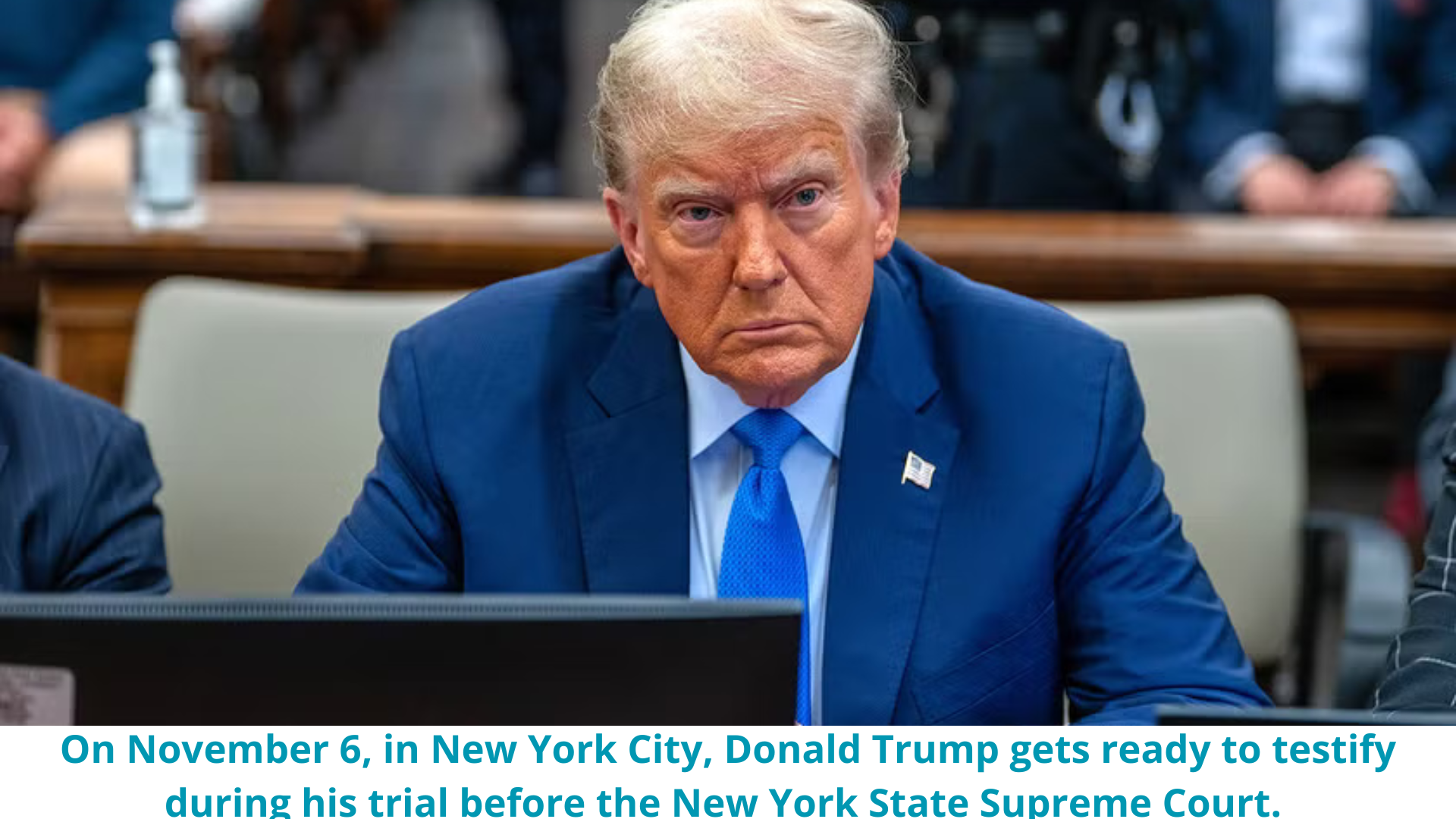The validity of Judge Tanya Chutkan’s limited restriction on defendant Donald Trump’s pretrial free speech rights was the subject of an oral argument in the U.S. Court of Appeals for the District of Columbia Circuit on Monday. This argument highlighted the special difficulties associated with the largest criminal prosecution in the history of the country.
Although Chutkan’s pretrial gag order was much narrower than what the government had requested, limiting it to only gangsterlike attacks on prosecutors, court employees, and trial witnesses, the former president’s attorneys contended that the First Amendment forbade the gag order’s imposition in the absence of any evidence that their client’s remarks had crossed any criminal lines. The court adjourned to discuss the issue following an unusually lengthy two and a half-hour discussion about where such lines may and should be drawn and the degree of threat to witnesses that must be proven before a gag order can be enforced.
It ought should go quickly.
In fact, it is hard to see the court adopting the strict “hands off” strategy put out by Trump’s lawyers, as that would take away Chutkan’s responsibility and authority to manage cases in her own courtroom. Additionally, it would give rise to an entirely impractical threshold in future criminal cases or provide Trump exclusive protection. However, there is genuine concern that imposing any significant boundaries in this particular circumstance might set a precedent that restricts political expression in the future.
Above all, there is the fact that the appeals court must take into account the realities of the future while determining where to draw the line for the here and now. There will undoubtedly be more incidents involving Trump’s tantrums and meddling, particularly while the jury is being selected and seated. During the appeal judges’ oral arguments on Monday, it appeared that they grasped this quite well.*
who asked lengthy questions to Trump’s lawyer concerning the possibility of a gag order limiting juror discussion. Judge Nina Pillard told the lawyer representing Trump after he contended that a gag order limiting the posting of a juror’s address—one of the most fundamental protections imaginable and a protection frequently used in high-profile prosecutions—might not pass constitutional muster. “It is revealing of the fortitude that you accord to the First Amendment and the really lack of any role for orders protecting the judicial process and that’s what I’m hearing,” Pillard said. The appellate panels will draft their order with the jury issue front and center.
Any high-profile trial has a more challenging and drawn-out jury selection process than a normal criminal case. First, questions on what each juror has read in newspapers, seen online, heard on the radio, or seen on television must be asked one-on-one. They are then questioned on the possible effects of such exposure on their capacity for objectivity and fairness based on their responses.
After being selected, jurors are prohibited from following any media coverage of the trial and from discussing the case with friends or family. The jury is “anonymous,” with their names, home locations, and job information hidden from the parties in some high-profile cases, such as mob trials where the defendant may constitute a physical threat to jurors. In the worst cases, the U.S. Marshals Service picks jurors up from their homes and brings them back to court each day of the trial.
The Trump trial presents a juror selection challenge unlike any other in recorded history. The defendant is significantly more powerful in the media than any previous defendant, and he has made it plain that he intends to use that influence to undermine the criminal justice system in any manner he can. He will be more determined to blow things up the closer he comes to serving a jail sentence.
Every media article, newspaper story, interview, and political statement adds to the media weight placed on possible jurors; this influence builds up and peaks just prior to jury selection, making it more difficult for potential jurors to remain unaffected.
If no significant restrictions are placed today, it will become more and more difficult to assemble a fair and unbiased jury.
But what about concerns that, especially in the context of political campaigns, would set a precedent that will severely impact First Amendment rights?
Fear not—the behavior in question is definitely unprecedented. Because of this, any decisions made will be what is known as “law sui generis,” meaning that they will be based on particular facts and circumstances that are practically difficult to reproduce in other cases.
In fact, a judge would have long since declared a defendant in criminal contempt of court orders, violated his bail conditions, and sentenced him to prison if the defendant had attacked the prosecution, demanded the death of a crucial witness, or made any of the dozens of other reprehensible accusations and threats that Donald Trump made.
The Supreme Court did not even need to include self-serving escape clauses in its opinion upholding the ban in Bush v. Gore, where it stated that the Supreme Court’s decision to intervene in the 2000 election was “limited to the present circumstances” and could not be relied upon in future cases.
By definition, any precedent set by a decision to significantly restrict Donald Trump’s capacity to undermine the American criminal justice system will only apply to defendants who have threatened witnesses, prosecutors, and court officials with their considerable wealth and status.
The road to justice will have become slightly less difficult for the remainder of the country—the 99.99999 percent of us without the authority, severe mental issues, and complete disrespect for anybody or anything else.
We must reject Trump’s self-serving abuse of the First Amendment. Drawing on the well-worn maxim on the boundaries of First Amendment freedoms, one cannot broadcast falsehoods to incite others to set fire to a movie theater if they are not allowed to yell “fire” in that establishment.

